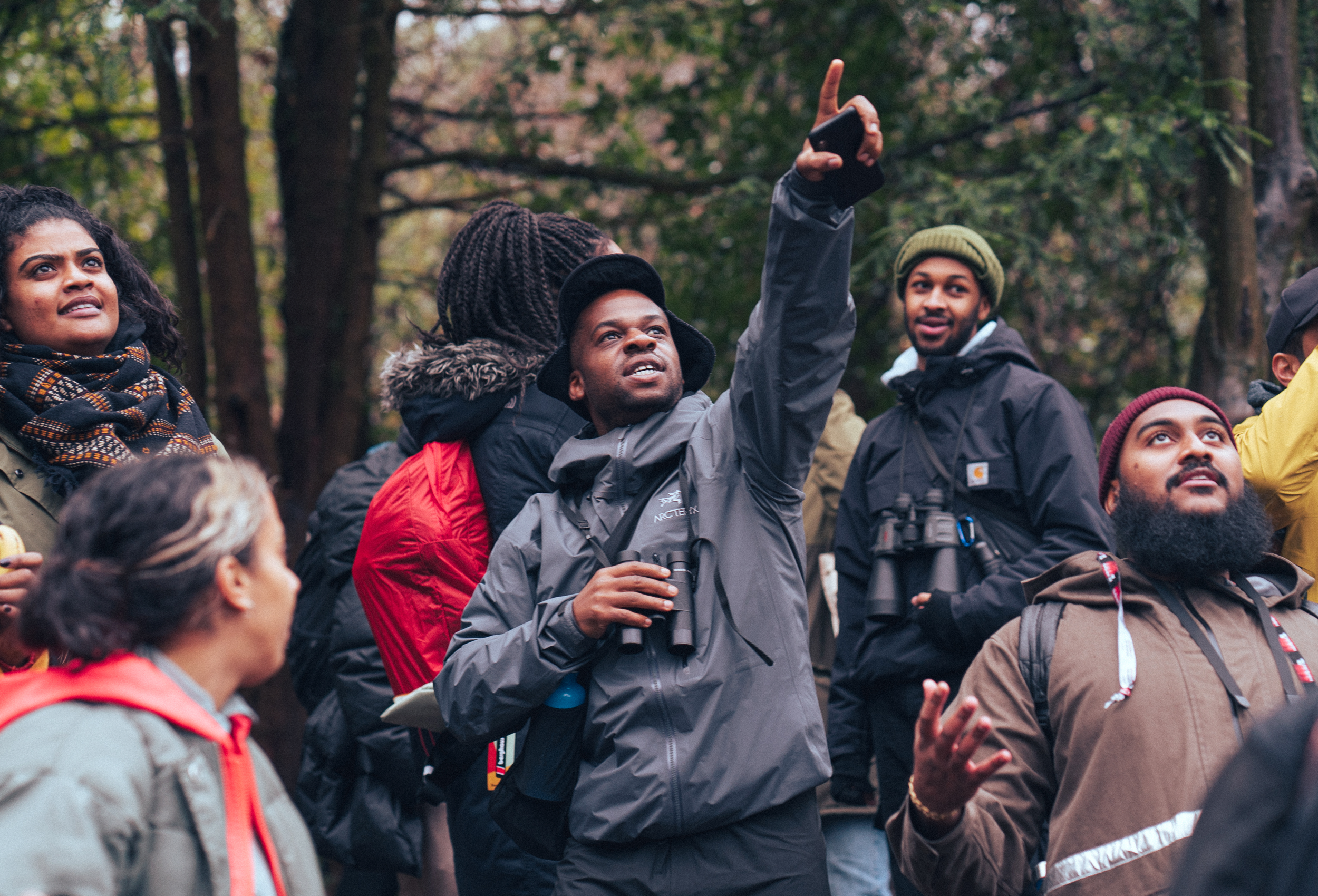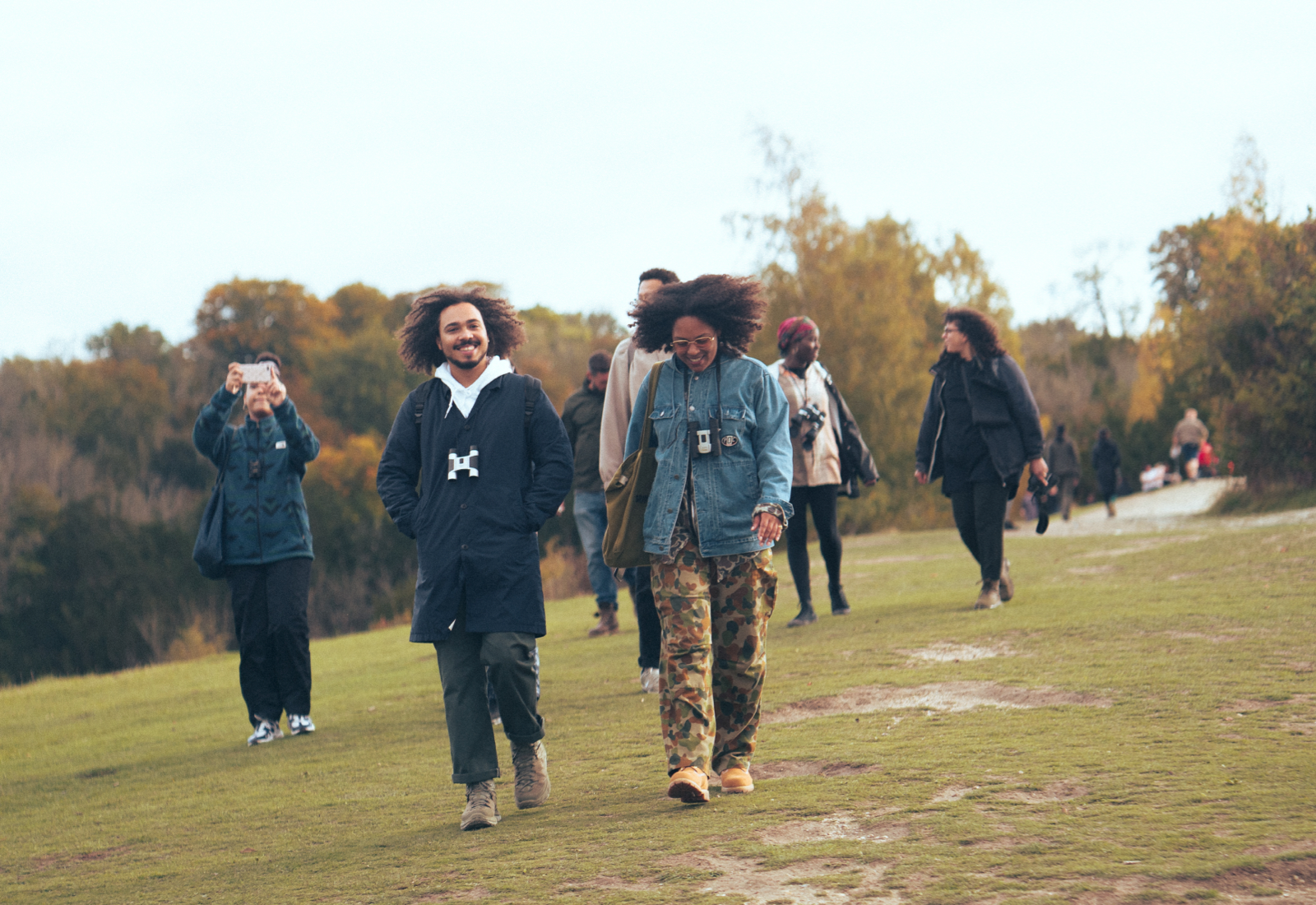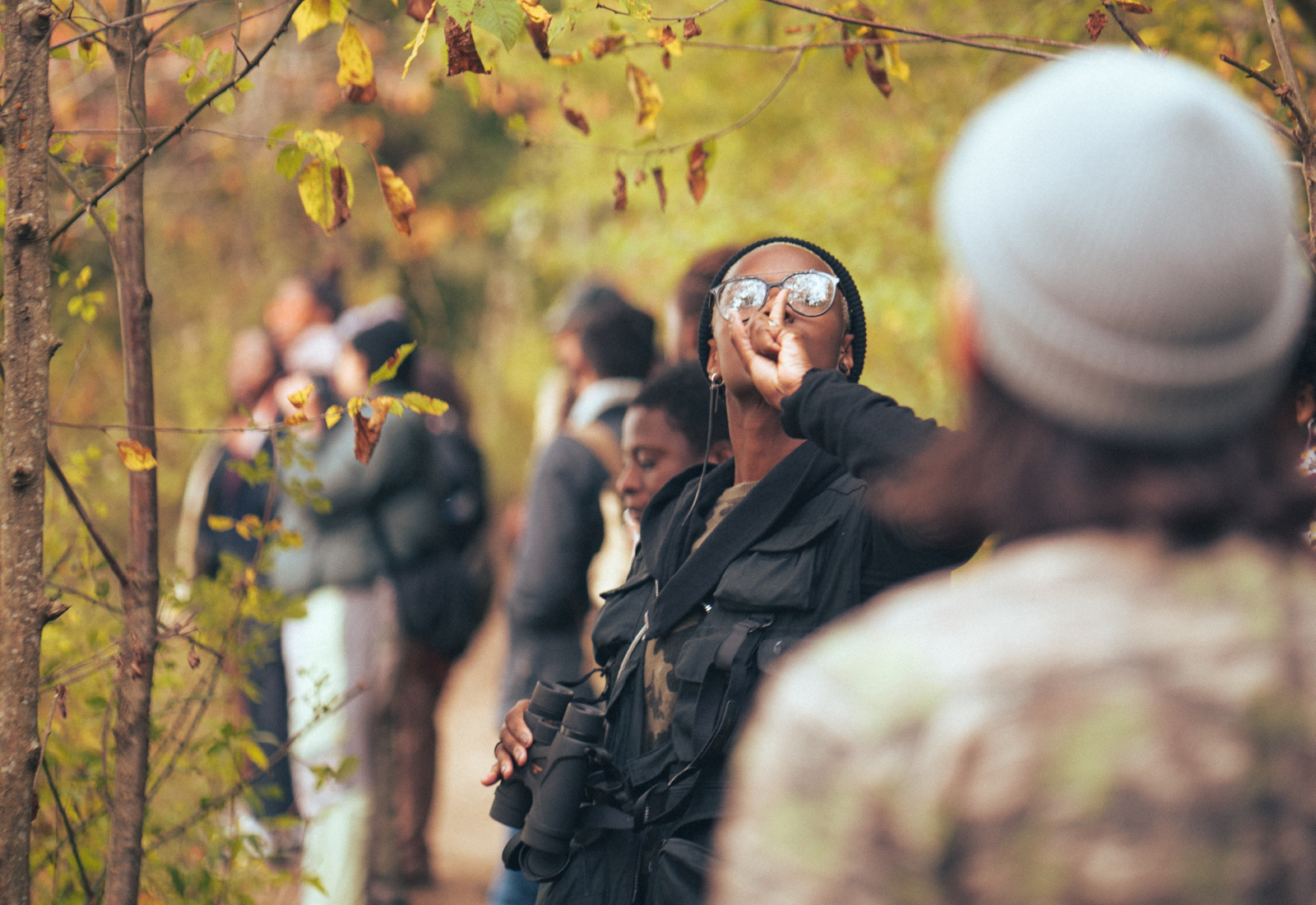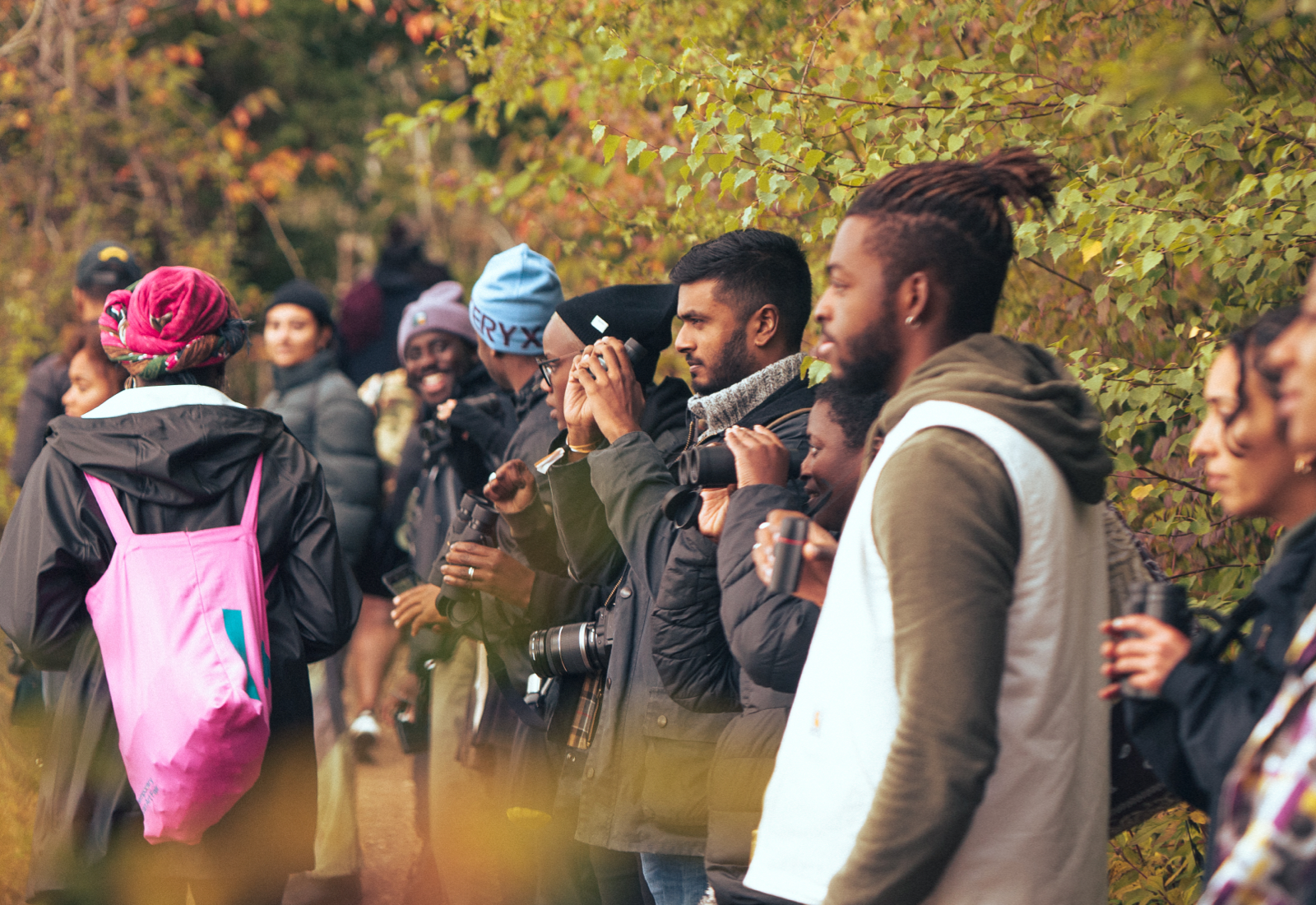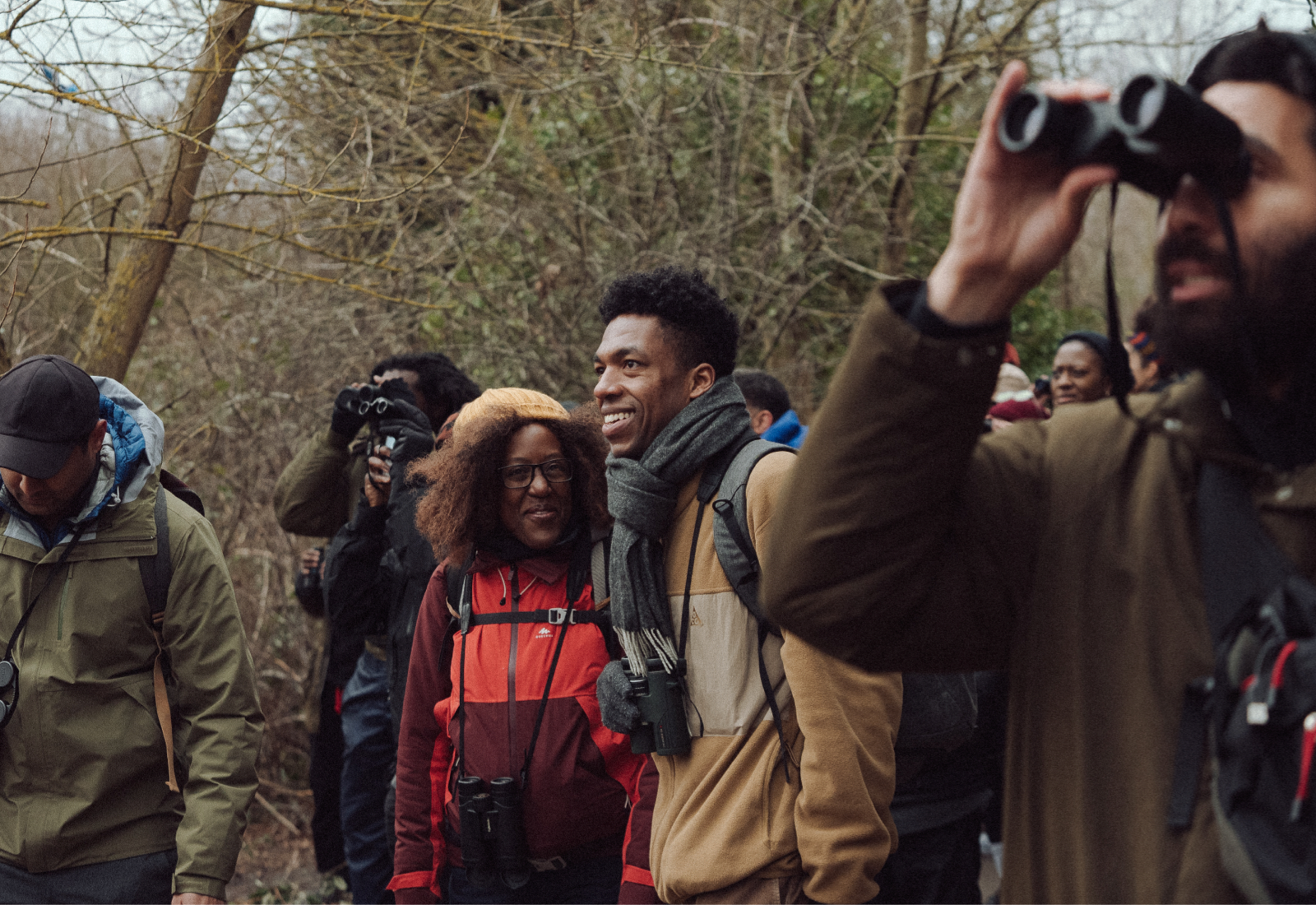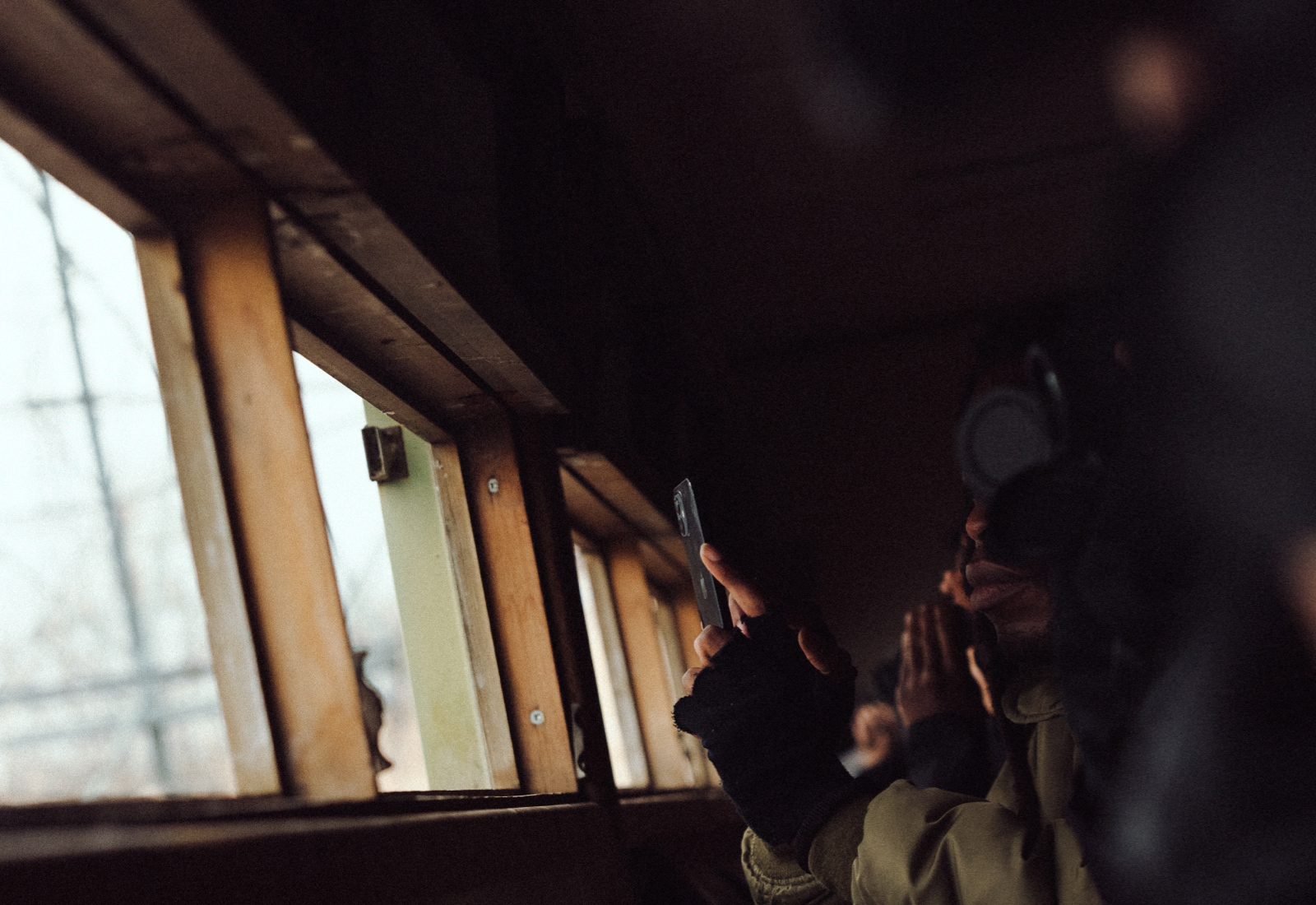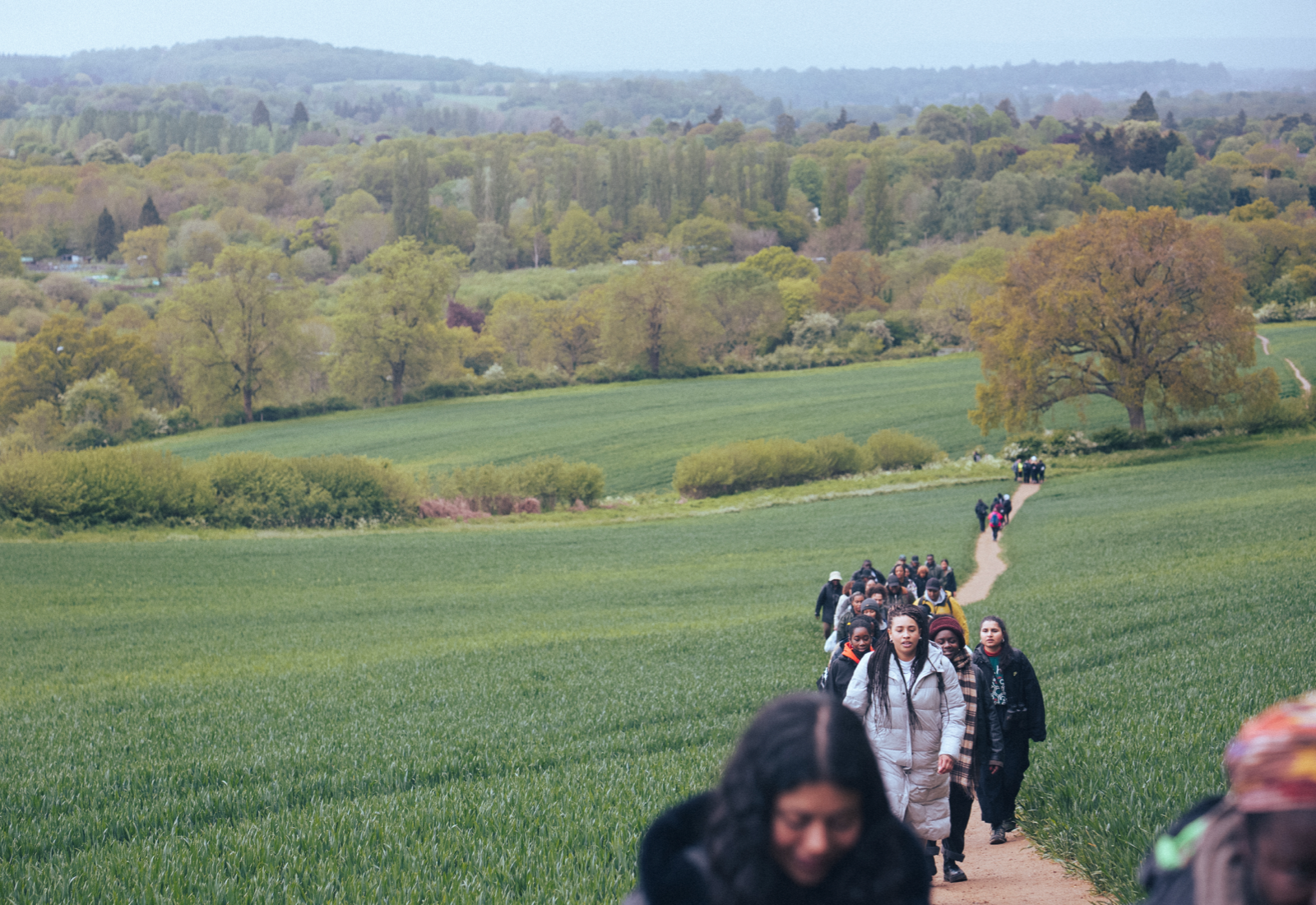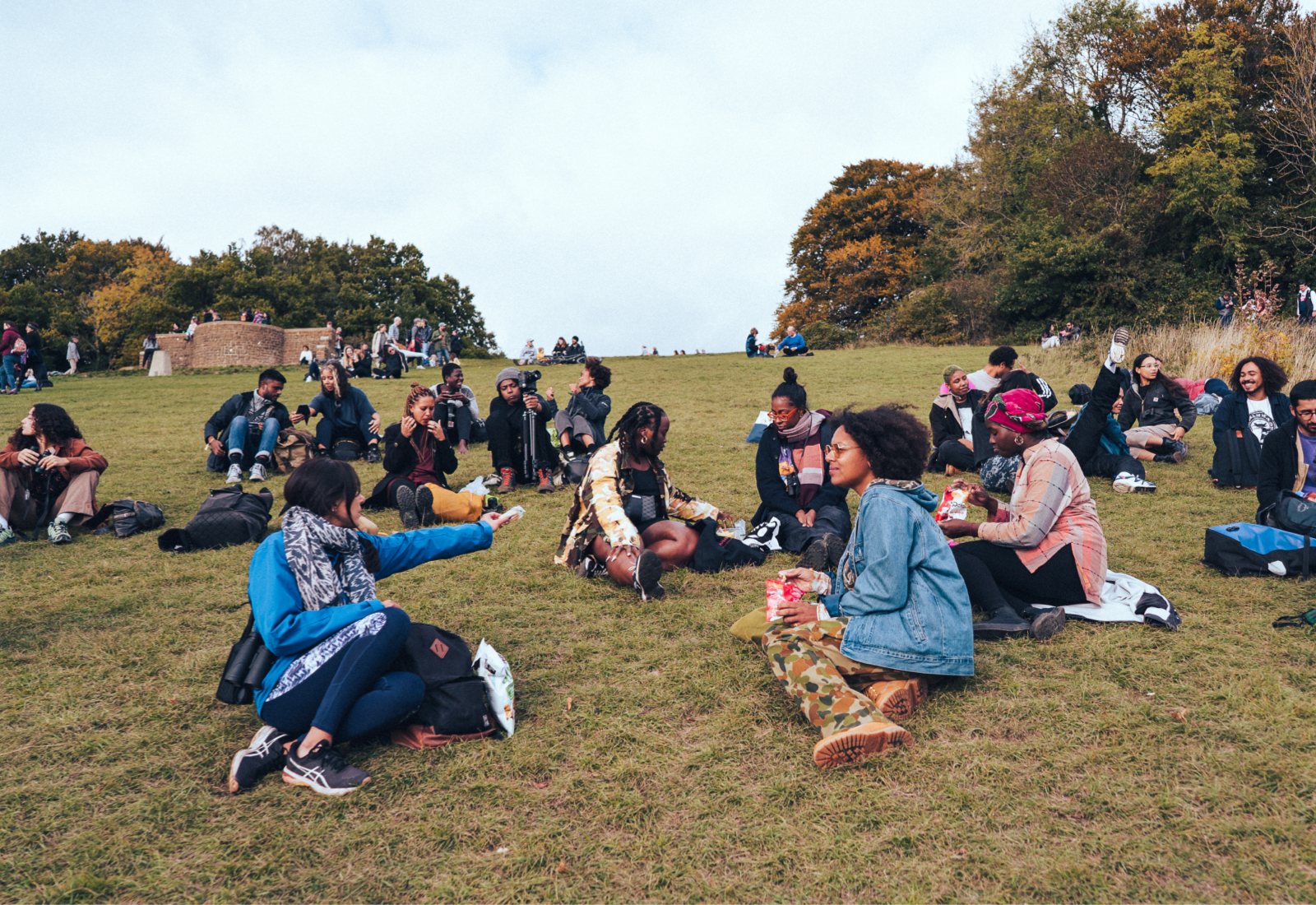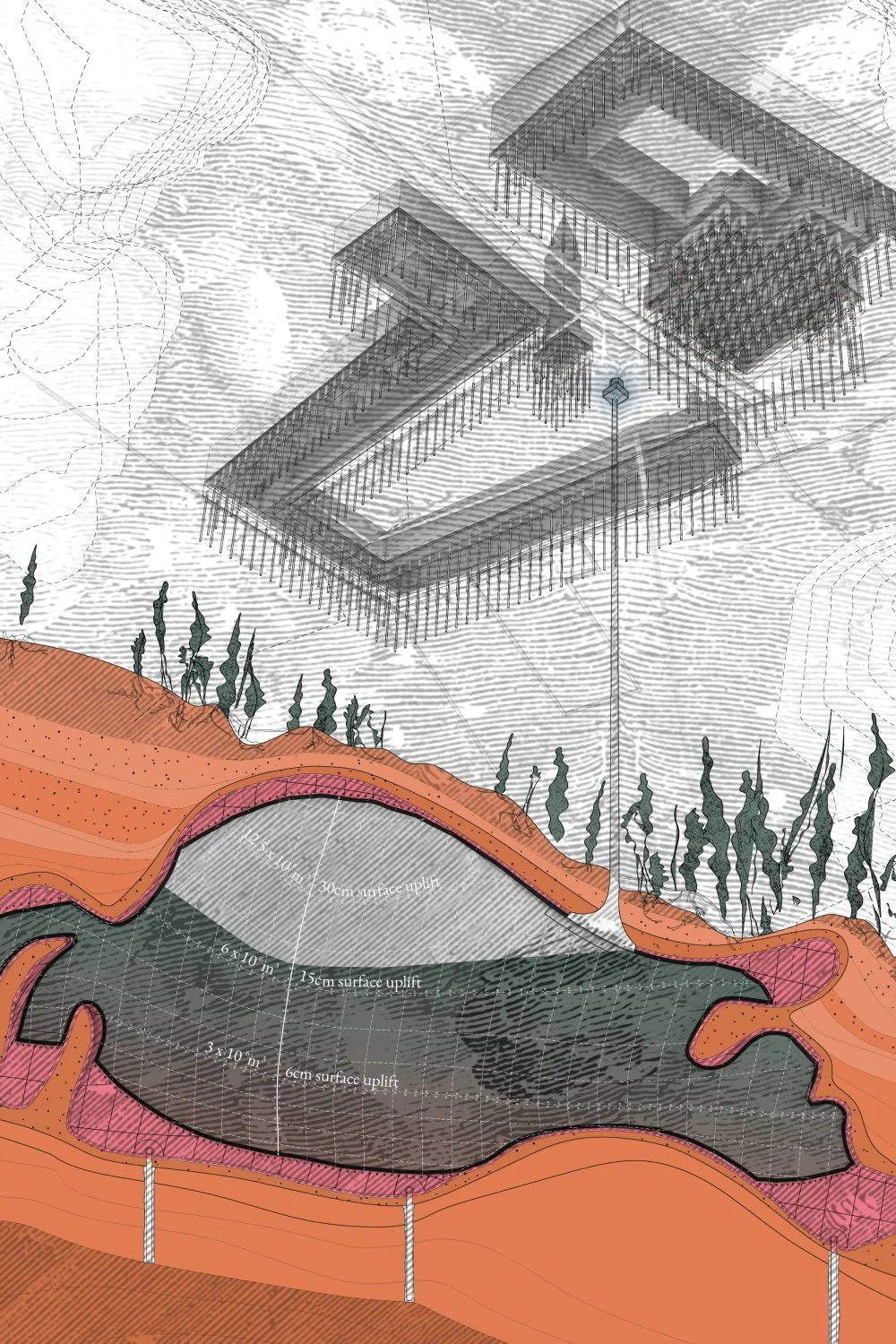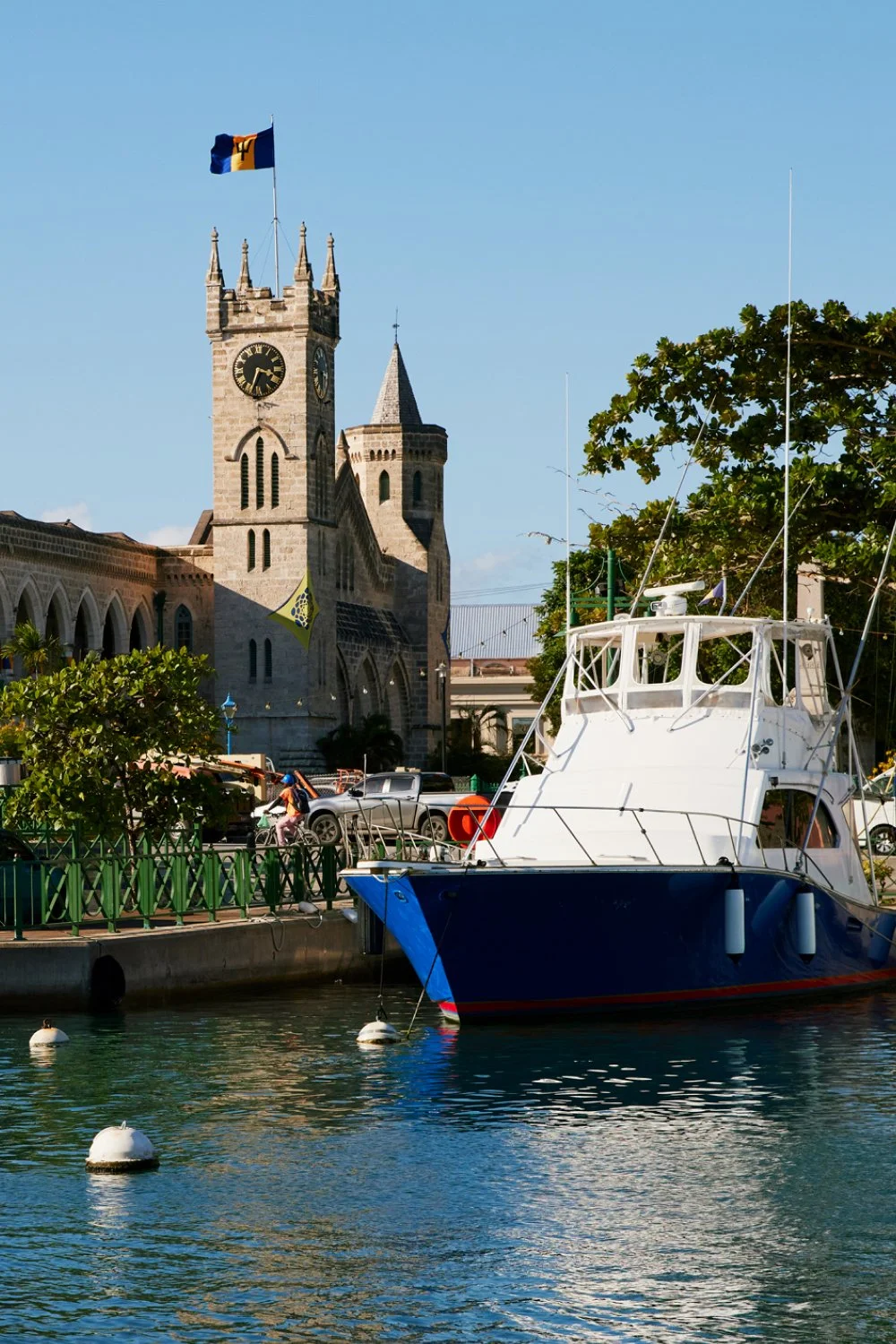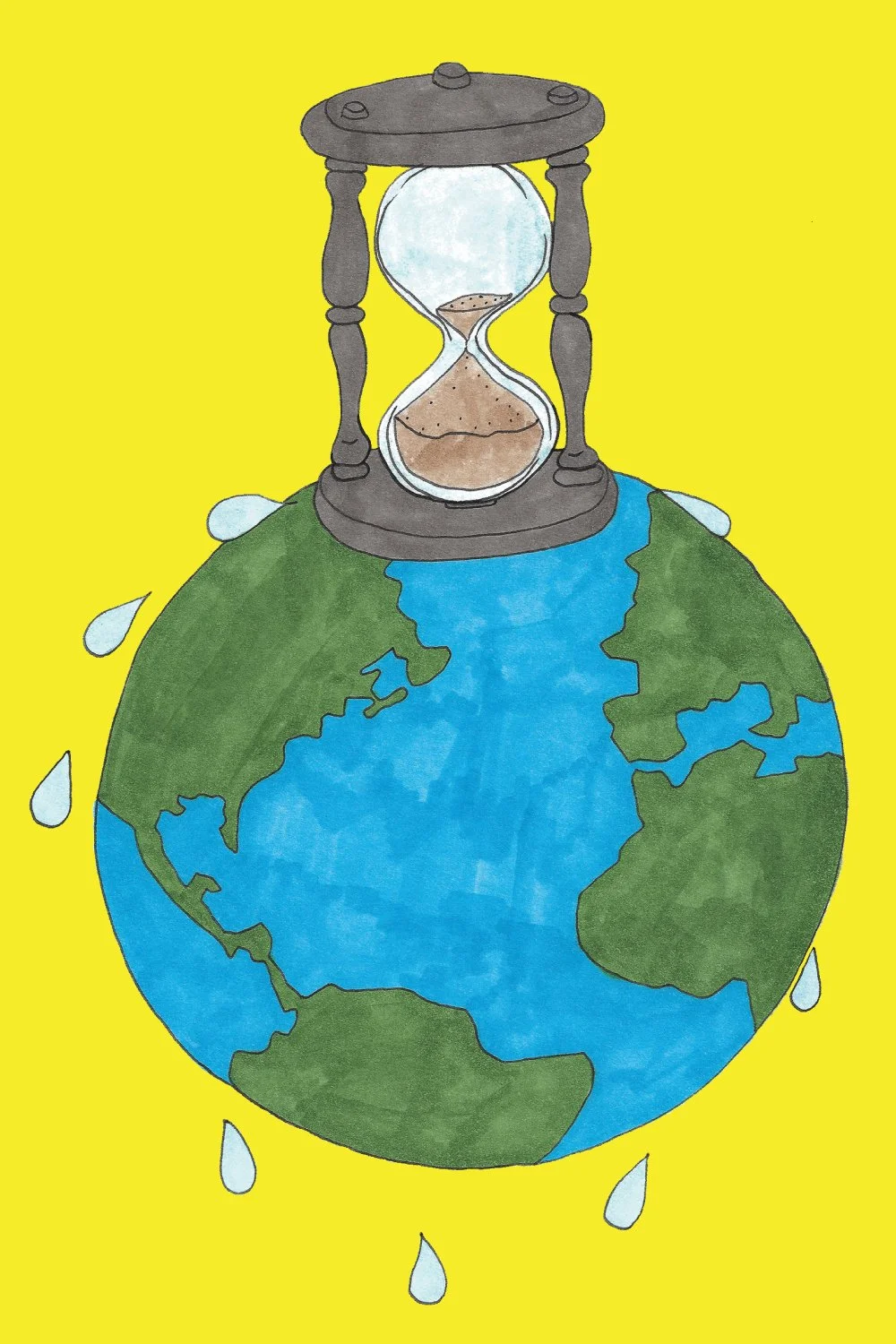Looking Up: Finding Place with Flock Together
Interview by Alice Grandoit-Šutka
The images shared here show Flock Together group outings at Sydenham Hill Wood and other locations, photographed by Will Carr. Directly to the left, Ollie Olanipekun points up, surrounded by members of the Flock Together community.
Ollie Olanipekun
My name is Ollie Olanipekun, also known as Olaolu. That’s my real name. I do quite a few things. By “day,” I am the creative director of an agency I own called Futurimpose. I’m also cofounder of Flock Together, which is a birdwatching collective with big ideas.
Alice Grandoit-Šutka
Can you tell us more about Flock Together and how it came together?
OO
Flock Together was born in May 2020 from a serendipitous encounter with a now very good friend of mine named Nadeem Perera. I’ve been birdwatching for the last 10 years on my own and it’s done a lot for my mental health, among many other benefits. Nadeem was the first person of color I ever met who was also passionate about that activity. Straight away, I said to him, “We have to set something up that is more directed towards people like us.” A few weeks later, we had our first Flock Together walk, which was attended by 15 people. And then, from there, the rest is history. It exploded, and it’s still exploding.
AGS
How would you describe some of the experiences Flock Together has created so far?
OO
Magical. You know, it’s hard for me to talk about Flock because, more than anything, it’s an experience. As much as I can tell you about what I take away from it personally, as well as testimonies from people who’ve attended, it’s truly, especially for people of color, a unique experience. I don’t think we’ve ever been afforded a space like this. To be in the great outdoors, that openness, to look to your left and to your right and see people who have gone through and are going through similar experiences to you and are there to do nothing but spend time with and support you—that is unique. I don’t think these spaces exist. Imagine group therapy for your family and friends, but outside. Again, it’s hard to describe, but believe me that it’s a truly magical environment.
AGS
Sometimes things don’t need to be overly described. Maybe they just need to be felt. Not everything fits into verbal language.
OO
Of course.
AGS
Maybe you didn’t have any set expectations or plans when you first started, but if you did, do you feel those intentions still align with how Flock Together has grown and evolved over the past couple of years?
OO
I want to return again to the serendipity of how Nadeem and I met. I posted some birds on Instagram and he named them all. I was like, “How do you know this?” and he was like, “I’m an avid birdwatcher.” I asked, “Where do you live? This is crazy.” I expected him to say Scotland or something, but it turned out he lived five minutes from my house.
I’d had an idea for a long time about the outdoors and bringing people together there. And this was in 2020, when we were all being forced to face and address how our minds operate within this strange concept of lockdown. I think we were all struggling, and still are. In the Black community, this is sometimes still a taboo. Therapy might not be something you can discuss with your parents. At that particular moment, I knew that the benefits I’d received from birdwatching might actually be applicable to supporting my friends.
When Nadeem and I met in person, we talked for hours about our upbringings, our struggles with school, our struggles with careers, our struggles with society. We both realized that we’ve used nature to get through some really difficult times. This reinforced the idea that maybe we could share that experience with our wider community.
“You know, it’s hard for me to talk about Flock because, more than anything, it’s an experience. As much as I can tell you about what I take away from it personally, as well as testimonies from people who’ve attended, it’s truly, especially for people of color, a unique experience.”
AGS
As you know, this issue is centered around the idea of place, as well as interrogating the newer concept of placemaking. What does place mean and/or represent to you? What makes place different from space?
OO
When I hear the word “place,” it holds a slight negative connotation. Growing up in white-dominated spaces, and struggling with authority and bad experiences in school, the idea of a place makes me think about being told where I have to be. That reminder of my freedom being limited creates my negative connotation around the word, but that’s purely personal.
AGS
To you, place represents authority?
OO
Yeah.
AGS
Do you feel like the word “space” also contains that feeling of authority, or does it offer more possibility?
OO
Definitely more possibility. Possibility is a really nice word. Opportunity, creativity, a platform—that’s what I think when I hear “space.” I can voluntarily see myself in a space. I think I have a choice in space.
AGS
I can give you some context around how we’re framing up the concept of place. Placemaking thinks a lot about consistency, about routine, about maintenance, about ritual. How these things could become negative, in your interpretation, is extremely valid to me. I’m interested to know if and how you consider Flock Together as a way of making space, or potentially making place?
OO
There are many layers to this but, to start, people of color have not felt welcome in these spaces and activities—politically, historically, socially, all of that—and we could go on forever about why. For me, there is also the idea that sometimes we are most comfortable in a world with many guard rails, where many areas are off limits. Yet the outdoors became a place where I could feel free, and through birdwatching and Flock, it also became an environment to collaborate, create, and feel empowered by each other.
AGS
Can I ask you a question about your personal birdwatching practice? You mentioned earlier you’ve been doing it for 10 years—how did you find your way?
OO
I realized the importance of birdwatching for me when I was working at a very stressful desk job. When I was struggling with a brief and just couldn’t get through it, or if I was struggling with something personal like my relationship, I was always drawn to go outdoors. I’d go on long walks, and by the time I came back, I’d have a much better perspective on that issue or challenge.
Early last year, I got diagnosed with ADHD, which I’ve always known was there somewhere. I always struggled with focus and with meditation. I tried and tried, but my brain is constantly overreacting. I’m distracted by everything. Even now, you see my head just going all over the place. Yet the first time I looked through my binoculars and locked in on a bird, my mind was completely clear. Nothing else in life gives me that. Nothing. So naturally when I understood, felt, and experienced that clarity I’d been searching for, I was addicted.
That is the kind of space we want to share with people, and the kind of place we want to make for them.I think when we talk about connecting with nature and feeling grounded, that goes over a lot of people’s heads. A lot of us have no idea what it actually means to be present in a world where we’re always distracted, always on our phones, always walking to get somewhere. It’s nearly impossible to be present now, and that’s why having this space to think and to be inspired is what we all truly need more than ever. Unlike your work, or your personal life, or your commitments in general, the outdoors doesn’t require anything from you. For once, you can just be.
AGS
I love that you relate the practice of birdwatching to a medicine for how we hold our attention, because these days it feels like everything is designed to steal our attention. I also think that a lot of us are finding that we are neurodivergent in a variety of ways. The idea of reclaiming your attention through practices that sustain it, like birdwatching, is so important.
OO
We all have an issue with attention. I work in one of the most aggressively attention-capturing-focused industries. When we’re cramming as much as we can in six seconds, what does that do to us? What does it do to creativity?
What’s also important about Flock Together is accessibility. There is no barrier to entry or skill set needed for this. All you need to do is step outside your house and look up. Now you’re a birdwatcher. We don’t want to dictate people’s experience. We’re inviting you into a space and allowing you to create your own experience there. What you take away from that is completely up to you. But we’re giving you that invitation that you didn’t know you needed.
Nadeem and I are also on our own journey. It’s a work in progress. We don’t know exactly where we’re going, but believing that we can open up people’s imagination, in a world designed to prevent that, is incredibly powerful. But for me to sit here and say what that means for everyone and where it’s going to go would be a disservice to Flock.
“A lot of us have no idea what it actually means to be present in a world where we’re always distracted, always on our phones, always walking to get somewhere. It’s nearly impossible to be present now, and that’s why having this space to think and to be inspired is what we all truly need more than ever. Unlike your work, or your personal life, or your commitments in general, the outdoors doesn’t require anything from you. For once, you can just be.”
AGS
I’m very interested in the types of intergenerational bridges Flock Together might open up. That’s so important for us at Deem, to have spaces not just for intergenerational dialogue, but even simply to coexist.
OO
When we first started, Flock was naturally more focused on people around our age. Then, a lot of people would come with their parents, their aunties. Imagine we meet at a local train station and there are 100 Brown faces waiting there. It’s insane. We make our way to the local green space and the line just goes on and on and on. We walk for the first hour or so then we break. We call our break “the communion,” because we bring and share food, and Nadeem and I stand up and present any updates or news.
AGS
I’m very interested in the types of intergenerational bridges Flock Together might open up. That’s so important for us at Deem, to have spaces not just for intergenerational dialogue, but even simply to coexist.
OO
When we first started, Flock was naturally more focused on people around our age. Then, a lot of people would come with their parents, their aunties. Imagine we meet at a local train station and there are 100 Brown faces waiting there. It’s insane. We make our way to the local green space and the line just goes on and on and on. We walk for the first hour or so then we break. We call our break “the communion,” because we bring and share food, and Nadeem and I stand up and present any updates
or news.
Then we ask people to share personal stories from the last month. Someone might explain how they recently quit their job because they weren’t happy, or someone else might tell us about an idea for a project they want to work on. Someone else might present spoken word poetry. Everyone’s there to support whatever it is you’re doing or dealing with. Having people of different generations present broadens the perspectives, knowledge, and stories, as so often those ties are severed by modern life.
AGS
I think this is such a testament to what happens when you design experiences that are open-ended. They are generative. They keep giving you more.●
The following reflections on place are contributions from members of the Flock Together community.
Place.
A word, a concept, shrouded in negativity
For me
Bringing to mind a closing in, hard boundaries
Unfair competition and old fashioned class.
Of coming first, or always last.
“Know your place”
“Stay in your own lane.”
Unable to move or progress.
Society’s systems keeping us under duress; simply won’t allow us to flow or fly as our best.
But Flock Together is one place
Where we make space
To reclaim what place even means
The concept, the word
We define it on our own terms
With beauty, friendship, patience…
and an abundance of grace.
A “place,” for me, is not a location or a geographical point. It is the people! Coming together and sharing the space and turning it into their “space” give the place, wherever, a meaning.
“Place is the link between a physical location and your attachment to it.”
The place you grew up has a historical and emotional significance to you. Your place of work is important for you as a means to make money. Your favourite place to eat is somewhere you go specifically to enjoy a meal. This changes it from a random spot on the map to somewhere that resonates some sort of emotional response.
Place is physical and spiritual. Sometimes restrictive, sometimes freeing. I feel like place has been both to me and only recently have I found myself in places I was once told weren’t for me.
